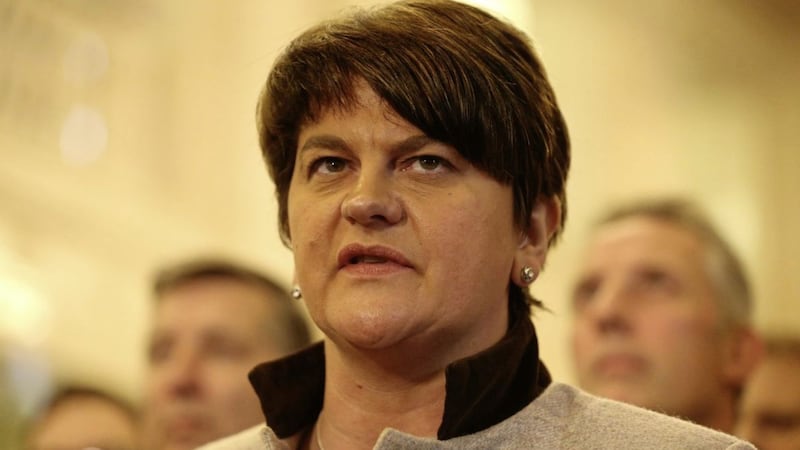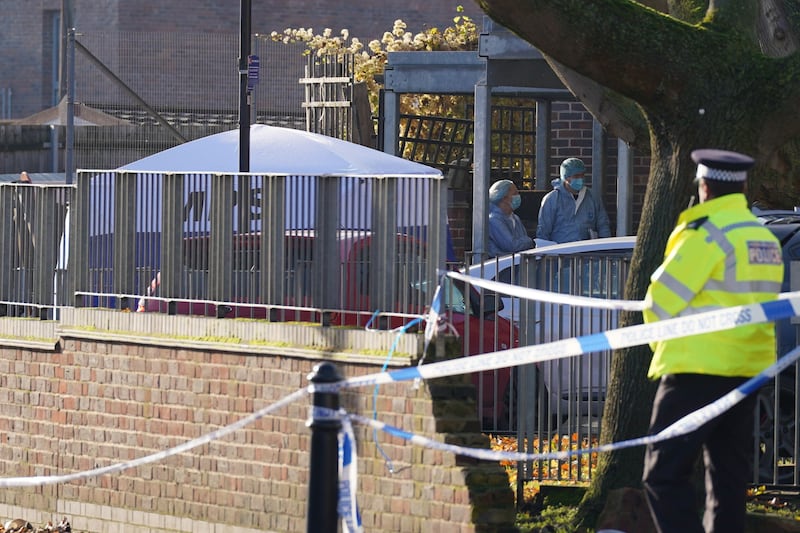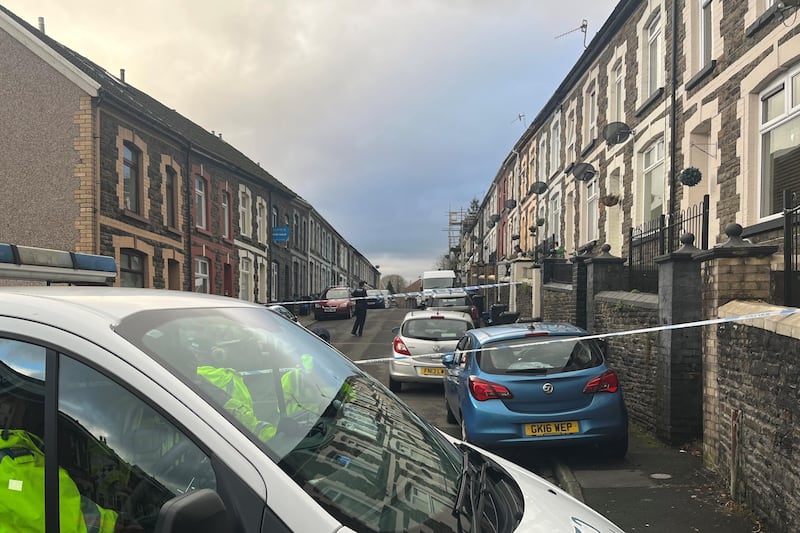Former First Minister Arlene Foster is being subjected to a "vexatious" legal challenge over funding for legacy inquests in Northern Ireland, the attorney general claimed today.
John Larkin QC also told the High Court she had a veto on the Stormont cabinet discussing plans for securing extra resources to clear a backlog of hearings into Troubles-related killings.
The submissions came as a judge dismissed Mrs Foster's bid to removed as a respondent in proceedings brought by the widow of an innocent civilian shot dead along with eight IRA men.
Sir Paul Girvan did, however, narrow the challenge against her to allegations she unlawfully blocked proposals before they reached the Executive committee.
Brigid Hughes is seeking to judicially review the administrations at Stormont and Westminster for failing to release the financial resources necessary to hold a series of historic inquests.
Her husband, Anthony, died after being unwittingly caught up in the SAS ambush of an IRA unit at Loughgall, Co Armagh in May 1987.
In an extraordinary move, Mrs Foster was personally joined to the challenge amid claims she has a responsibility for the funding logjam.
Northern Ireland's Lord Chief Justice, Sir Declan Morgan, has advanced a blueprint for having all cases dealt with within five years.
With the cost of the plan estimated at around £10m, the government has said resources will not be released until political consensus is reaching on dealing with the past.
Part of the legal challenge involves claims of political discrimination being made against Mrs Foster.
A press report where she referred to a perceived skewing towards inquests into state killings pointed to a discriminatory approach, according to Mrs Hughes' lawyers.
They contend that reference to innocent victims and killings by paramilitary groups indicated a reliance on political opinion about different categories of cases.
But the Attorney General argued today that the decision to have Mrs Foster added to the case in a personal capacity over alleged actions stretching back to March 2016 should be set aside.
He said: "The joining of the former first minister is not only outrageously out of time, it's simply vexatious."
Mr Larkin insisted the holding of inquests was a matter of judicial determination.
The court heard Mrs Foster felt it inappropriate to put the issue on the Executive agenda without an overall package of measures for victims in general.
In exchanges with the judge, Sir Paul Girvan, the attorney general submitted the politics "at the very highest level" was involved.
Asked if he meant this provided a veto to Mrs Foster, he replied: "I go a littler further, both the first minister and the deputy first minister have a veto on what goes to the Executive committee."
During the debate Sir Paul questioned the legal entitlement for any such right to block.
"If that's the law it seems there's a complete flaw in the constitutional arrangements," he said.
"This case may be the case that ventilates the issue and brings it out into the open."
Pressing on with his case, Mr Larkin contended that grounds of challenge against Mrs Foster were unsustainable.
"To put the proposition that the applicant (Mrs Hughes) is a victim of something the former first minister did is candidly laughable," he said.
Rejecting the claims of discrimination, he stressed that no particular group had been favoured.
"Tragically, and the former first minister is quick to acknowledge this, Mrs Hughes' husband was an entirely innocent man," the Attorney General added.
Barry Macdonald QC, for the widow, insisted Mrs Foster contributed to the collective failure by government through blocking the proposals.
He added: "An important part of the court service in this jurisdiction has effectively collapsed.
"The entire objective of this case is to establish who within government as a matter of law is responsible for the failure to provide the funding to allow this court system to operate."
Ruling that Mrs Foster is to remain a respondent for allegedly stopping the issue going before the Stormont Executive, Sir Paul confirmed her application was being dismissed.
The case will now proceed to a full hearing next month.








